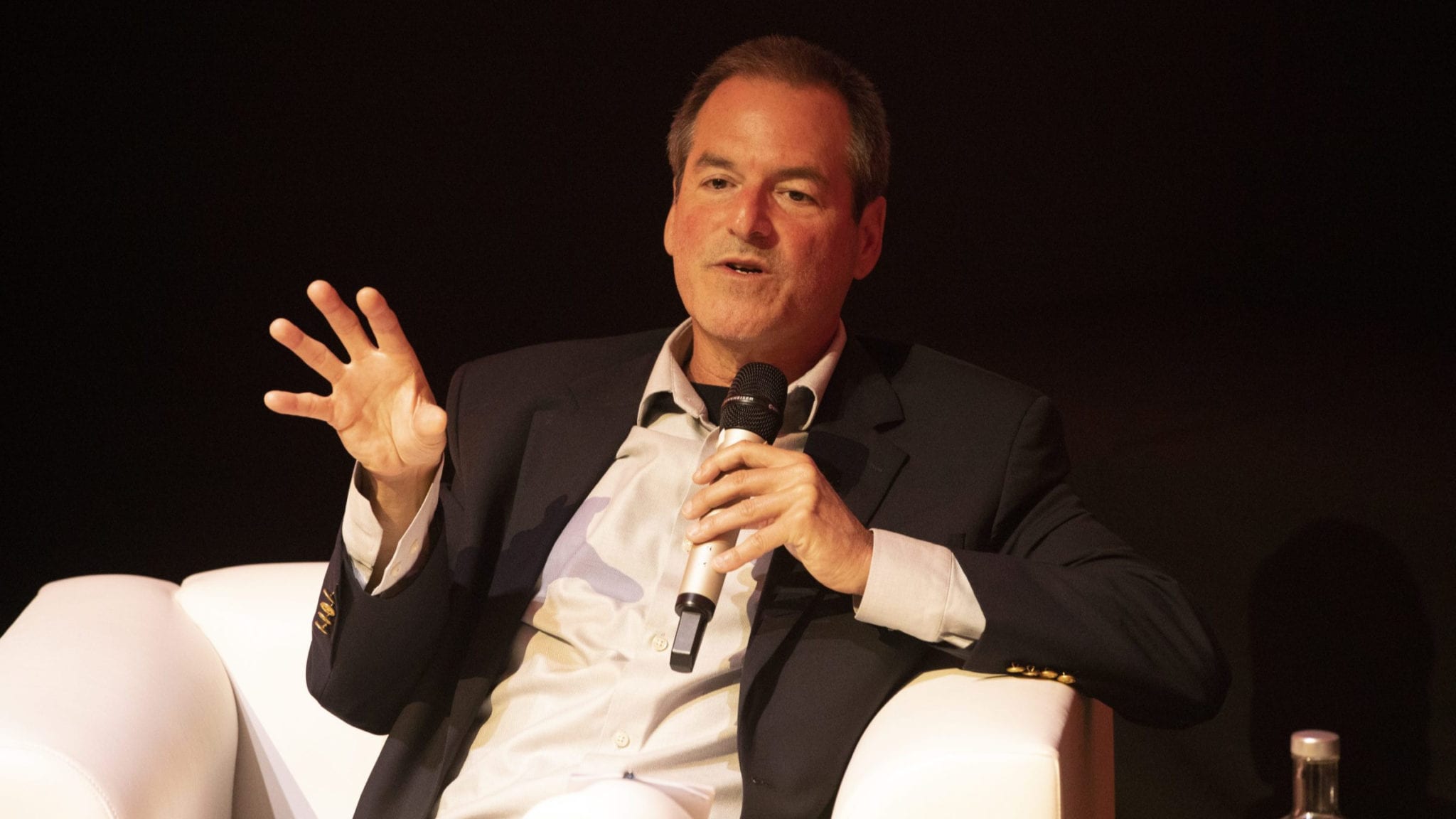
Hal Barron, GlaxoSmithKline president of R&D (Endpoints file photo)
Billions on the table, GSK’s Hal Barron antes $120M cash to partner with a specialist in synthetic lethality
GSK R&D chief Hal Barron has turned to another Bay Area biotech for his latest oncology drug development pact, which could total billions for a …
Sign up to read this article for free.
Get free access to a limited number of articles, plus choose newsletters to get straight to your inbox.